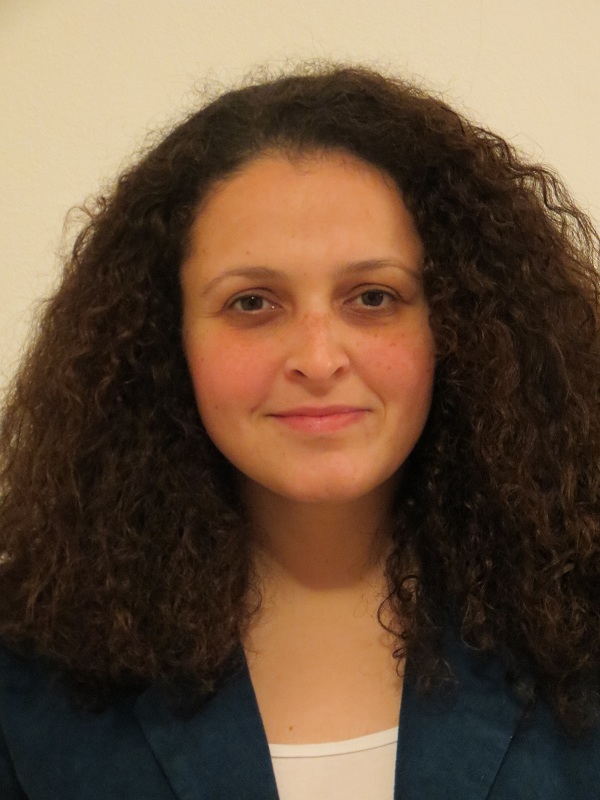
A week ago on state-owned MENA, this horrifying number was the title of one of their articles: 2.6 million newborns in 2012 in Egypt.
This is the official number according to the Central Agency for Public Mobilisation and Statistics (CAPMAS). These are just the documented new babies, however. The number does not include those who belong to barely illiterate parents who neglect to issue a birth certificate for their children, illegitimate babies born in the back allies and dodgy clinics, among other neglected newborns. Thus the number is likely to be even higher than the official statistics.
In 2011, Egypt had 2.4 million newborns according to CAPMAS. This adds up to five million new little beings in two years.
To put it in perspective; according to Eurostat, in 2011, 5.2 million children were born in the EU-27 (the entire 27 countries comprising the European Union).
In the developed world, people are having fewer children and better services while we are having more children with limited services.
The child boom in Egypt has many factors which include:
First: poverty and illiteracy, two factors that doom any nation. Both conspire to form a society that believes having children is a natural process that does not need planning.
Second: the “children as future support” mentality. In Egypt, we like children, which is okay, but few parents plan for their lives. People are prodded to have children regardless of financial means. Some extremely poor parents have children and set them to work at a very young age; in 2011 CAPMAS estimated the number of underage workers – between five and 17 year-olds – to be 1.6 million children, which is a very conservative estimate. The concept of planning for the child’s life is still a foreign concept to many parents, regardless of social class.
Third: birth control myths. Contraceptives, while having seen much improvement in Egypt, still remain a mysterious issue. There is barely any kind of sexual education in Egyptian schools, and when it comes to contraceptives, students only list them. That’s it. This ensures a continuing ignorance among teenagers, who are future parents.
Many men and women of all socioeconomic classes play Russian roulette with their birth control. I cannot count the number of times a girlfriend would call me telling me she is pregnant despite “planning”, only to discover that she or her husband forgot to use any sort of contraceptive “just this one time”.
Other myths are mind-boggling. There are women who believe that if they coordinate sexual intercourse to certain days according to their menstruation cycle, they cannot get pregnant!
Others believe that if they use contraceptives and it is their first time to have sex, they will become sterile.
Fourth: religion. The more religiously conservative believe that family planning is forbidden by God. Several sheiks would prod people not to do it and feed off the ignorance and poverty of people to convince them that it is hated in the eyes of God, that it is rebuffing His “gift”. Al-Azhar, the highest Islamic body, has by contrast issued several fatwas prodding people toward family planning, as it is much needed by society and economy.
What kind of life are we offering the millions of new babies? Do we have the services to ensure their health care, education and later on job opportunities?
Can our society that barely feeds their parents be able to provide them with a good life?
Can parents provide for their children the basics of a decent life?
If the answer to all the questions above is negative, then we are better off with fewer children until we can responsibly care for them.
Egyptians are currently living on no more than 6% of their country. We are all crammed in the Nile Delta while the rest of the country goes to waste. Few projects have tried to tackle this issue; how to inhabit the Egyptian desert. In a country blessed with a variety of natural resources, this lack of planning is inept. People need to leave the Nile Delta and venture out, but it will not be done unless the state offers them a concrete plan and incentives.
The state needs to start using their media outlets to spread awareness about the importance of family planning. Sexual education in high school needs to be improved. It has not changed since I was in high school, which was also the same chapter studied by my much older cousins. The Ministry of Health needs to organise seminars in villages and places off the grid, targeting women in particular and teaching them about sexual health and the dangers of having too many children.
Women are affected greatly by the number of children they have, not only health wise, but also the quality of their lives; having more unplanned children means less time for their own goals in life, their careers and sometimes just time for themselves. This applies to all socio-economic levels.
The new government has a great responsibility; providing a decent life for the already poor Egyptians while fighting backward way of thinking and societal myths about having children. It is not an easy venture, yet it has to start today.
It is not fair to bring children who will not be provided for adequately. If every couple thinks about this before conception, may be it can make a difference.
The increasing number of citizens can be positive; an increase in the work force, but only if there is an economy to embrace them.
Having the population increase with the size of a European city every two years is not acceptable without a plan.
What differentiates a developed and a developing country is the way they plan for their future. Countries like Germany and Japan have long-term plan for their countries. In Egypt, we are still struggling to find out what we will be doing next year.
But when it comes to Egypt’s child-boom, time is not a luxury we have. Every day matters.


